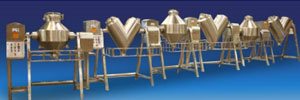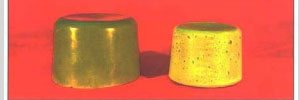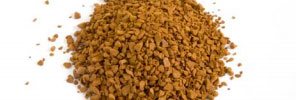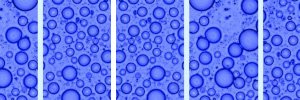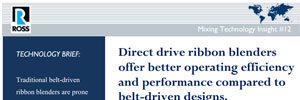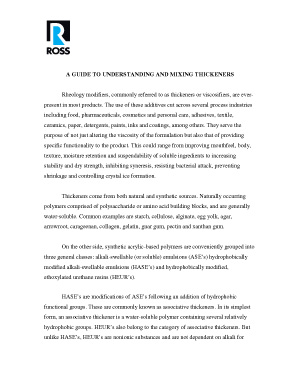A Guide to Understanding and Mixing Thickeners
Rheology modifiers, commonly referred to as thickeners or viscosifiers, are ever-present in most products. The use of these additives cut across several process industries including food, pharmaceuticals, cosmetics and personal care, adhesives, textile, ceramics, paper, detergents, paints, inks and coatings, among others. They serve the purpose of not just altering the viscosity of the formulation but also that of providing specific functionality to the product. This could range from improving mouthfeel, body, texture, moisture retention and suspendability of soluble ingredients to increasing stability and dry strength, inhibiting syneresis, resisting bacterial attack, preventing shrinkage and controlling crystal ice formation.
Thickeners come from both natural and synthetic sources. Naturally occurring polymers comprised of polysaccharide or amino acid building blocks, and are generally water-soluble. Common examples are starch, cellulose, alginate, egg yolk, agar, arrowroot, carageenan, collagen, gelatin, guar gum, pectin and xanthan gum.
On the other side, synthetic acrylic-based polymers are conveniently grouped into three general classes: alkali-swellable (or soluble) emulsions (ASE's) hydrophobically modified alkali-swellable emulsions (HASE's) and hydrophobically modified, ethoxylated urethane resins (HEUR's).
HASE's are modifications of ASE's following an addition of hydrophobic functional groups. These are commonly known as associative thickeners. In its simplest form, an associative thickener is a water-soluble polymer containing several relatively hydrophobic groups. HEUR's also belong to the category of associative thickeners. But unlike HASE's, HEUR's are nonionic substances and are not dependent on alkali for activation of the thickening mechanism. Typically in the form of white, fluffy, dry powder, popular varieties of synthetic thickeners include carbomers, sodium carboxymethylcellulose (CMC) and fumed silica.










